Difference between 4810 and 4820 Battery Packs
In electric vehicles, energy storage systems and other high energy consumption equipment, lithium battery pack it is one of the key energy storage solutions. There are many models of lithium battery pack available on the market, including 4810 and 4820 battery packs. This article will focus on discussing the differences between the two battery packs to help consumers better understand their characteristics and applicable scenarios.
I. Battery pack capacity and voltage:
-
4810 battery pack: 4810 battery pack refers to lithium battery pack with a capacity of 48Ah and a voltage of 3.2V. It is suitable for some application scenarios that require high energy density, such as electric vehicles, unmanned aerial vehicles, etc.
-
4820 battery pack: 4820 battery pack refers to lithium battery pack with 48Ah capacity and 3.7V voltage. Compared with the 4810 battery pack, the voltage of the 4820 battery pack is slightly higher, so it is more common in some applications requiring higher voltage output, such as electric tools, energy storage systems, etc.
II. Energy density and power output:
-
energy density: 4810 battery pack has a relatively high energy density due to its lower voltage. This means that 4810 batteries of the same capacity can provide more energy storage.
-
Power output: 4820 battery pack has higher power output due to higher voltage. This makes the 4820 battery pack perform better in applications requiring instantaneous high power output, such as the acceleration of electric vehicles and the use of electric tools.
III. Charging and discharging performance:
-
charging performance: there is no obvious difference in charging performance between 4810 and 4820 battery packs. They can all support fast charging and have low charging loss.
-
Discharge Performance: because 4820 battery pack has higher voltage, its discharge performance is relatively better. It can provide more stable current output and perform better at high current discharge.
IV. Applicable scenarios:
-
4810 battery pack is suitable for applications requiring high energy density, such as electric vehicles, unmanned aerial vehicles, etc. Its higher energy density can provide longer mileage.
-
4820 battery pack is suitable for applications requiring high power output, such as electric tools, energy storage systems, etc. Its higher voltage and power output can meet the requirements of these applications.
4810 and 4820 battery packs have some differences in capacity, voltage, energy density, power output, etc. When choosing a battery pack that suits your needs, factors such as application scenarios, energy requirements and power requirements need to be considered comprehensively. Only by choosing the appropriate battery pack according to the actual demand can we give full play to its advantages and provide stable and reliable energy supply.
 Dongguan Juneng New Energy Technology Co., Ltd.
Dongguan Juneng New Energy Technology Co., Ltd.
 137 5142 6524(Miss Gao)
137 5142 6524(Miss Gao)
 susiegao@power-ing.com
susiegao@power-ing.com
 Xinghuiyuan High tech Industrial Park, Dalang Town, Dongguan City, Guangdong Province
Xinghuiyuan High tech Industrial Park, Dalang Town, Dongguan City, Guangdong Province


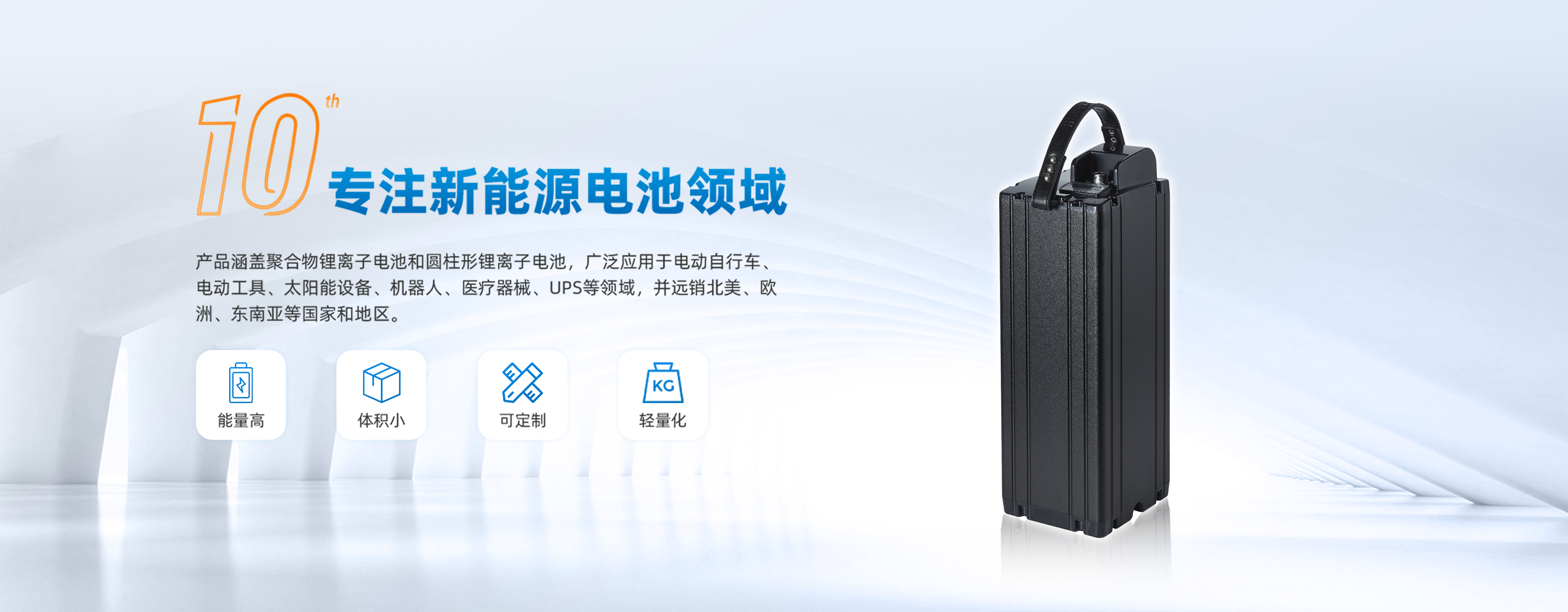
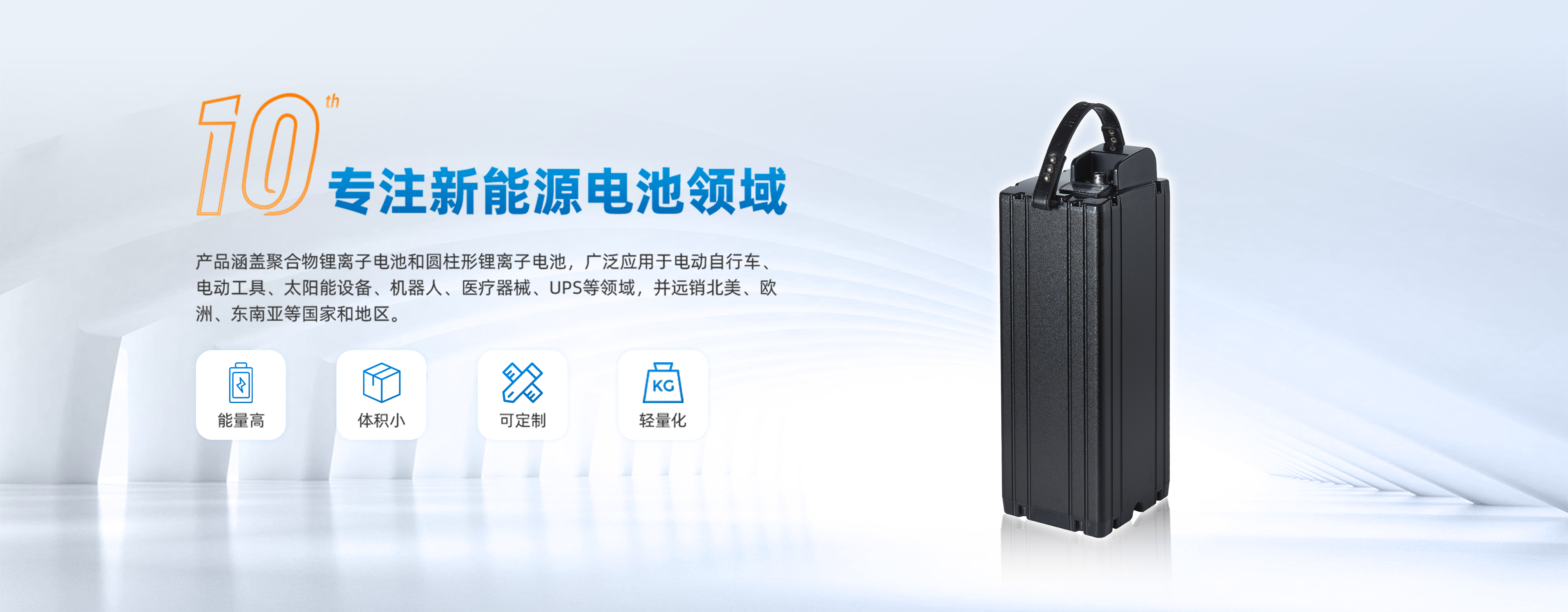
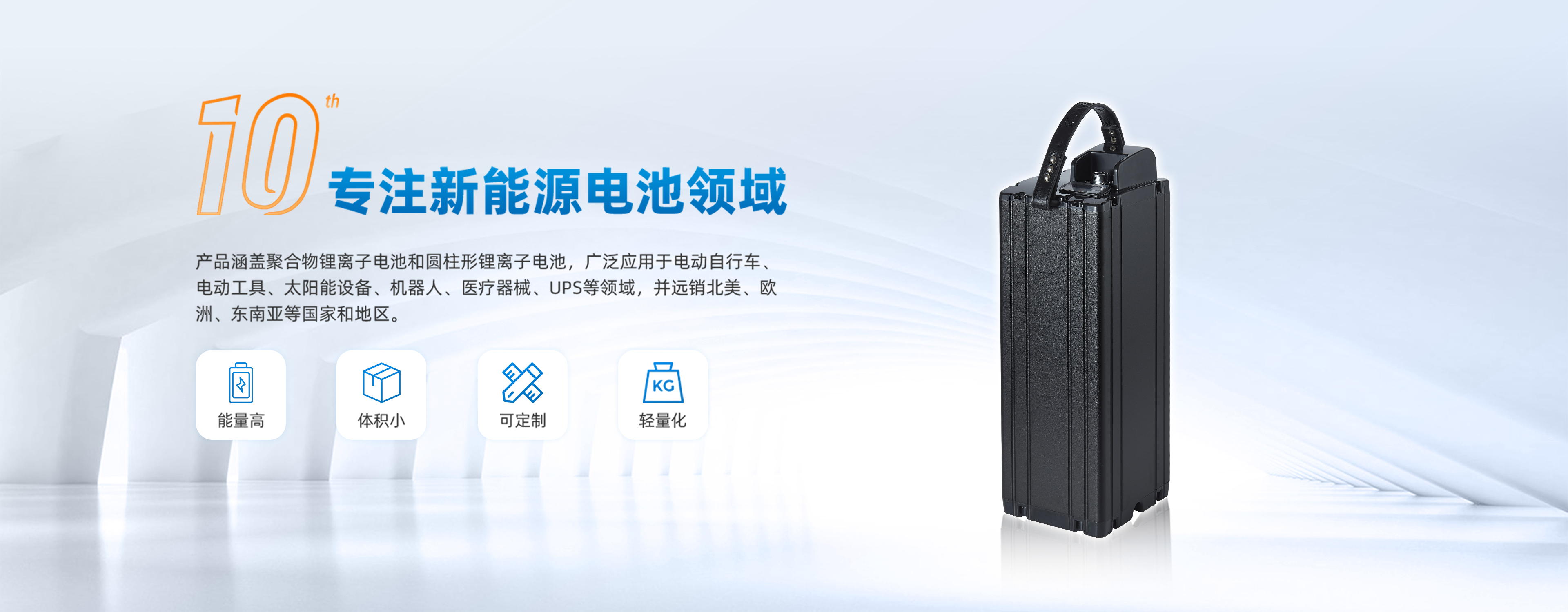



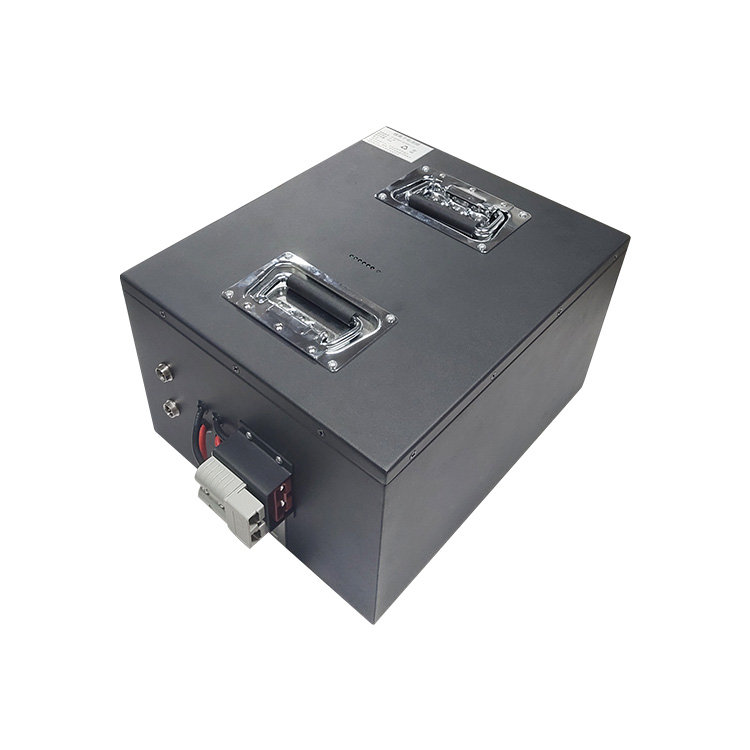


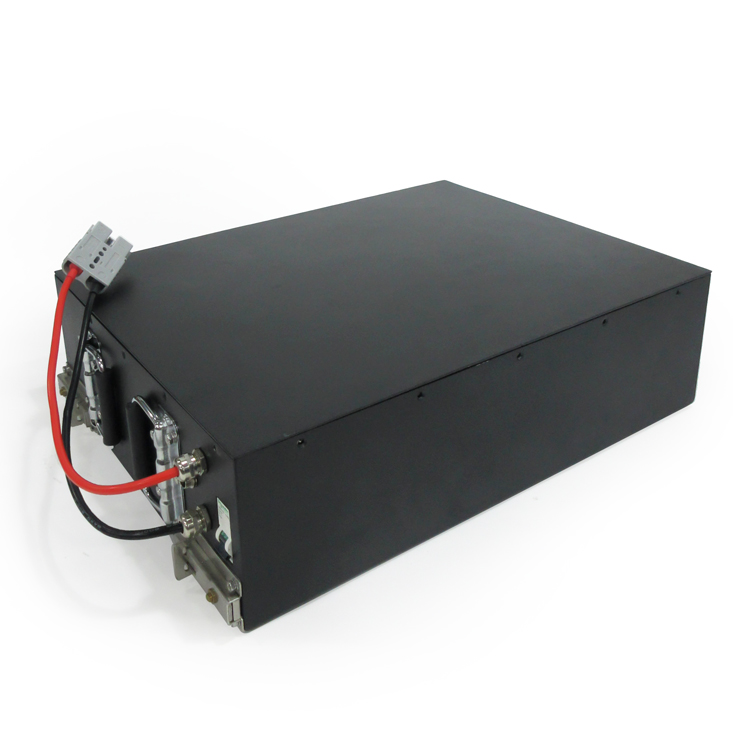

 Yue Gong Wang An Bei No. 4419002007491
Yue Gong Wang An Bei No. 4419002007491